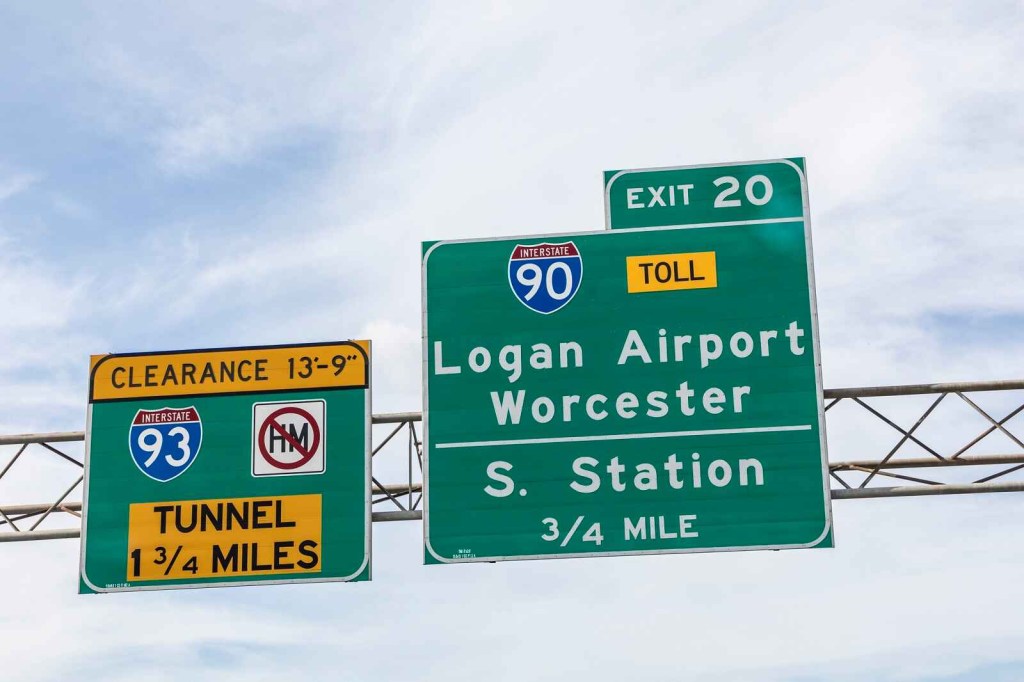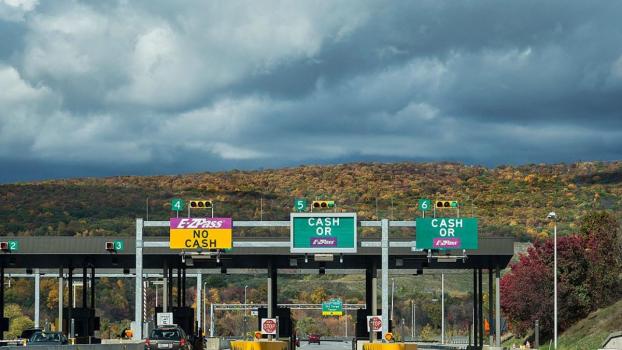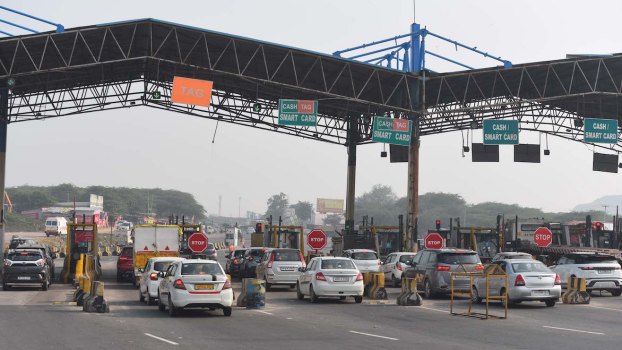
1 Man Almost Succeeded in Getting Tolls Taken Away on the Massachusetts Turnpike
To alleviate the financial burden on Massachusetts commuters, Doug Barth embarked on a mission. The cause: to abolish tolls on the Massachusetts Turnpike, commonly referred to as the “Mass Pike.” His story is not just about change. It’s a tale of determination, a tragic catalyst, and a commitment to leveling the playing field for the everyday driver.
Doug Barth tried to turn tragedy into a win for the common man
Doug Barth’s quest to eliminate tolls on the Mass Pike began with a personal tragedy. In the late ’80s, while waiting at a toll booth and searching for a quarter, Barth’s car was rear-ended by a pickup truck, sending his vehicle crashing through the toll gate.
This incident prompted Barth to investigate why tolls were still being collected on the Mass Pike. The turnpike had been fully paid off in 1984. His research revealed that the tolls generated around $300 million annually. Collections were being diverted to fund the financially troubled Big Dig project.
Barth was frustrated by what he saw as an unfair financial burden on commuters from the western suburbs. These folks had already contributed to paying off the Mass Pike’s construction costs. He questioned why they had to fund the Big Dig, a new north-south road whose commuters enjoyed a toll-free ride.
The story doesn’t have a happy ending
Barth’s campaign to eliminate tolls on the Massachusetts Turnpike was filled with numerous challenges. He led a political group that sought to change the law through a ballot initiative from 1993 to 2000. His mission was clear: to remove the tolls and address what he saw as an unjust financial burden on commuters. Overall, this was not just about toll booths; it was about fairness and responsible use of public funds.
Democrats supported the tolls. These roads provided jobs for nearly 1,500 toll collectors, each earning approximately $60,000 annually. In contrast, many other states had transitioned to automated systems for toll collection. Volunteers passionate about the cause collected over 64,000 signatures in just six weeks. This level of support was a testament to the dedication of those who believed in the campaign’s goals.
However, Barth’s campaign faced significant opposition, not just in terms of resistance from political parties but also financially. Ultimately, they found themselves outspent by a staggering margin of about 10 to 1. Despite this financial disadvantage, they pressed on, seeking to make their case to the public.
WRBU mentions when the time came for the vote, the campaign fell short, losing at the ballot box by a margin of 43 to 57 percent. Nevertheless, they garnered over a million votes, demonstrating the level of support and concern among Massachusetts residents regarding the toll issue.

How much are tolls on the Mass Pike today?
According to CBS News Boston, “If you get on the Pike in West Newton and leave at the Copley-Prudential exit, you pay $1 for a one-way trip with an E-Z Pass. Under the new system, that jumps to $1.70. So a round-trip will now cost $3.40, a big increase from the current $2 charge.”
In the end, Doug Barth’s campaign didn’t completely eliminate tolls for cars on the Mass Pike, but it did start an important conversation and shine a spotlight on the toll issue. The financial hurdles and the transition to a modernized toll system reminded us of the challenges in funding transportation and the ongoing debate about how to distribute costs fairly between commuters and taxpayers.





